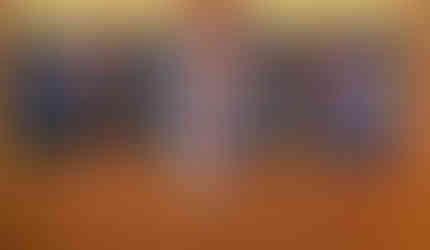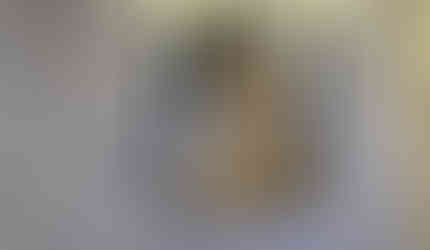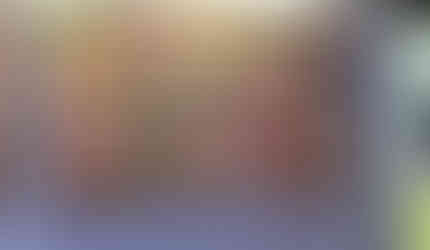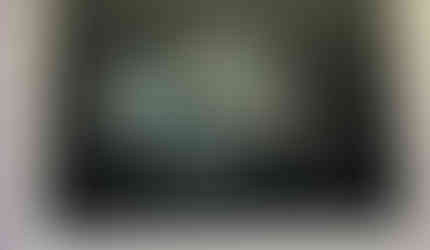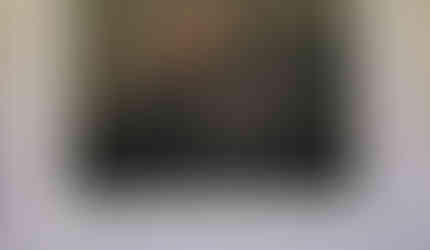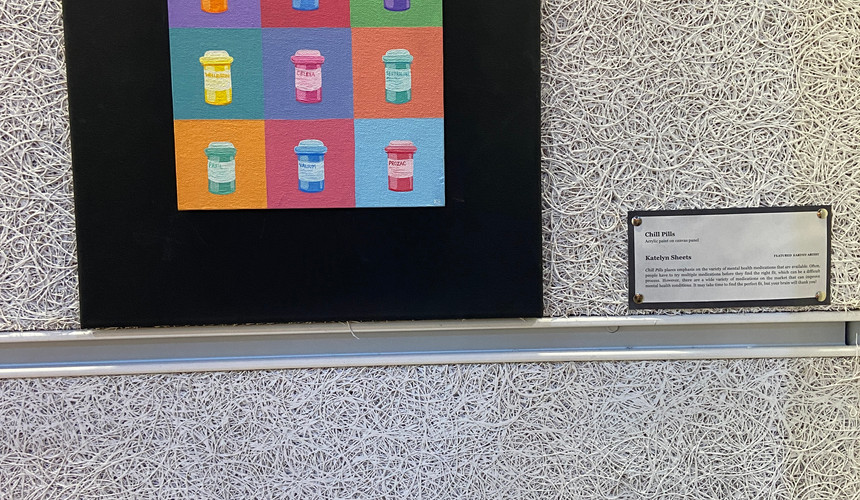Exploring Health Literacy through Visual Narratives: An Interview with Fatima Massare Somers
- dukegwht
- Feb 15, 2023
- 3 min read
By: Hamdy Inusah

Fatima Massare Somers is a senior at Duke University with a Program II major in Exploring Health Literacy through Visual Art Narratives. Through her time at Duke following the pre-medical track, her passion for art, and her own experiences with medical professionals, Fatima recognized the need for more humanity in the healthcare system and empowerment when it comes to accessing the resources available to them. Working with GWHT’s Dr. Megan Madonna, Franklin Humanities Institutes' Dr. Wesley Hogan, and the Global Health Institute’s Dr. Kearsley Stewart, Fatima began to formulate her Program II, with her main question being “how can [she] use art to create that sort of self-confidence and self-efficacy of going to the doctor despite people's fears of diagnosis?”
Using GWHT’s Invisible Organ documentary and the Invisible Organ Art Exhibit from 2019, Fatima delved further into the use of art to improve science and health literacy and decrease stigma related to reproductive health through public screenings of the documentary and collaborating with artists to put together the Visual Connections Art Exhibit.
"Being part of the empowering Bass Connections course [pertaining to the prevention of cervical cancer in Peru] with Dr. Ramanujam and Dr. Hogan and Dr. Madonna really helped inspire this sentiment because regarding cervical cancer, we have everything. We have the technology, we have the doctors, and we have the funding, we just don't have people showing up to get cervical screening done."
Invisible Organ Documentary Screenings
In the first part of her study, Fatima hosted documentary screenings of the Invisible Organ, the film that inspired her to pursue her current academic focus.
She advertised the screenings via listservs, social media, and flyers around campus, and then female-identifying students gathered to watch the documentary. Following the screening, there were facilitated discussions about health stigma, hesitancy in seeking healthcare, and the role art plays in deepening the understanding of the healthcare system and encouraging all to seek their own healthcare.
Visual Connections Art Gallery
In the year and a half leading up to the exhibit, Fatima began reaching out to artists who she wanted to have in her exhibit, and learning more about them and their work. She mentioned one artist in particular, Jenny Eggleston, who showcased her work in the Invisible Organ exhibit from 2019 and helped Fatima in her journey to create her own art exhibit.
"So I started talking to the artists a long time ago, forming relationships with them and learning a lot about first, what are their passions regarding this and how can I best highlight them? What are the works that they wanna plug into the exhibit or what are conversations we can have that can help guide new works?"
From there, Fatima recruited a team of fellow Duke undergraduate students who helped her bring her exhibit to life. Through a lot of time, budgeting, teamwork, collaboration, and manual labor, Fatima’s vision of her exhibit slowly came together.
The opening night of the Visual Connections Art Gallery was on Saturday, January 28th, and it ran until Wednesday, February 1st.
The opening night was packed, and afterward, Fatima expressed joy and satisfaction with how the night ran:
"A ton of people that I didn't expect or didn't really know were there, which was the goal, but then seeing it actually happen was so exciting. I had frat boys sitting in front of a reproductive health painting and actually engaging in real conversation and reflection about it. And that was really exciting. And even now after the fact, whether or not people participated in the surveys, I've had like 15 people reach out to me and say, ‘Yo, this has been, this was super awesome. I'm really glad you did this and made me think about things that I don't usually think about, or it made me feel better about this experience that I'm going through right now or that my loved one is going through.’ And that in and of itself is the goal, having had even one person text me that or tell me that would've fulfilled my mission. But to have 15 people and then 200 people come to the opening night has been unreal. It feels like a dream."
Art pieces featured in the Visual Connections Art Gallery

Turning Fatima’s vision of an exhibit combining health literacy and art would not have been possible without the help of so many hard-working people!
GWHT Staff: Megan Madonna, Nimmi Ramanujam
Contributing Artists: Beatrice Kleeger, Jody Wood, Jenny Eggleston, Bill Shannon, Tim Walter, Ben Sperber, Sophia Rivadeneira, Gabby Rivadeneira, Katelyn Sheets, and Charlotte McEvoy
And a special thanks to Kearsley Stewart, Wesley Hogan, Small Town Records, and the Rubinstein Arts Center!


